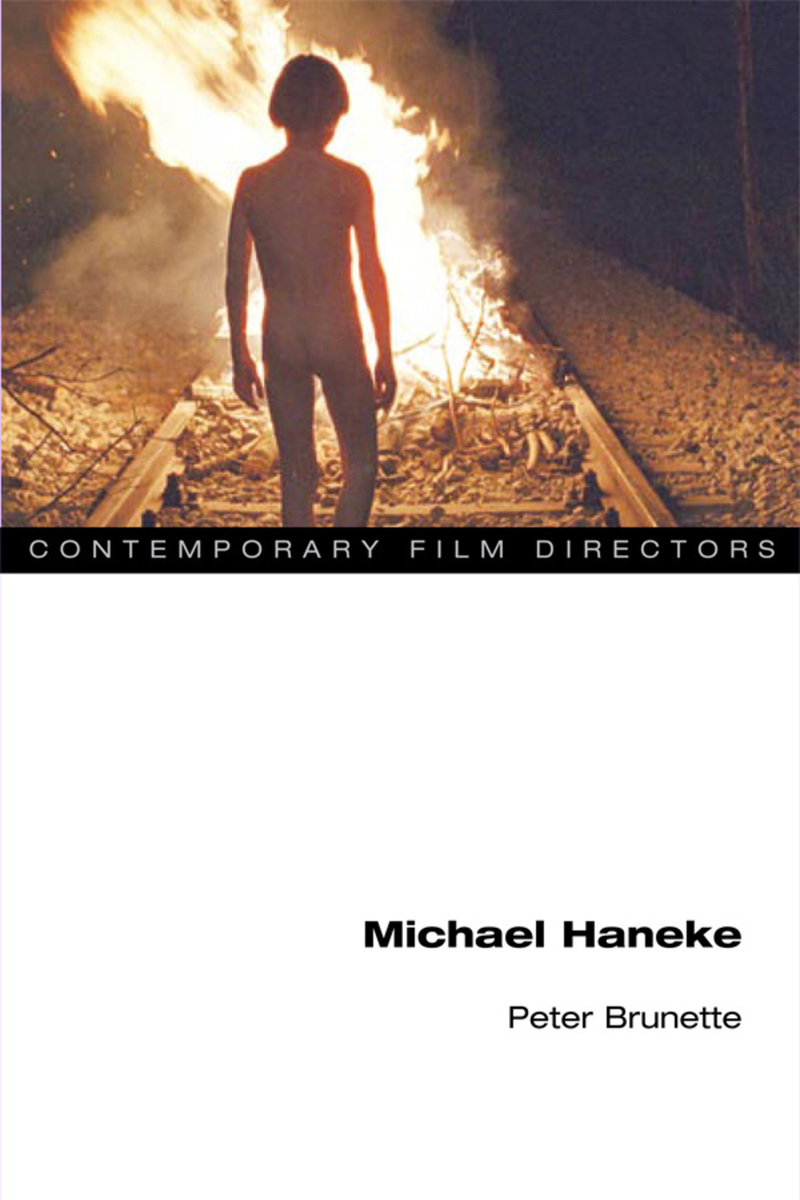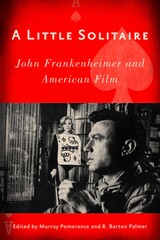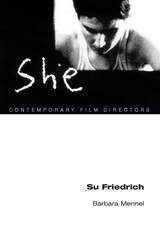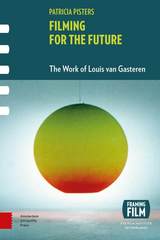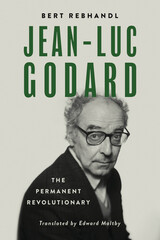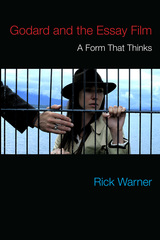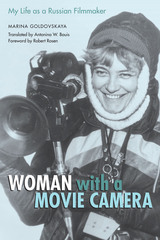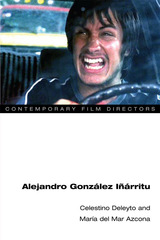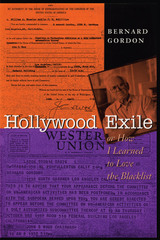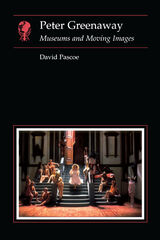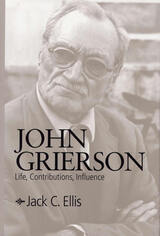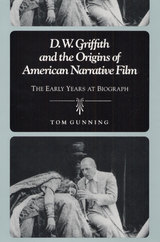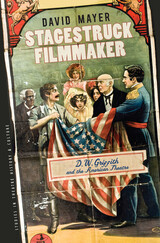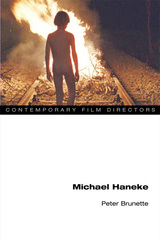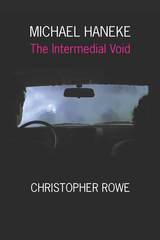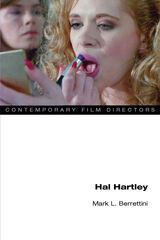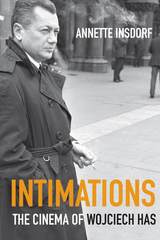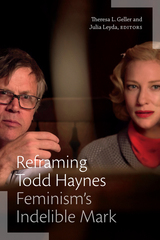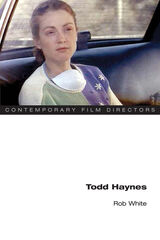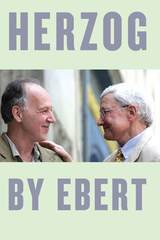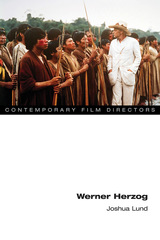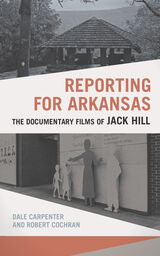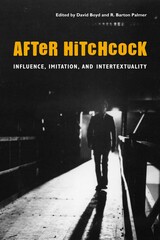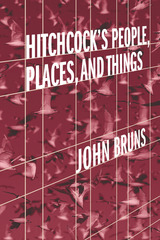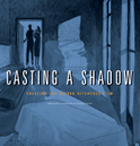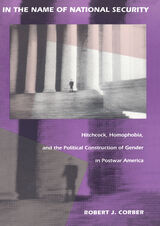Michael Haneke
University of Illinois Press, 2010
Paper: 978-0-252-07717-3 | eISBN: 978-0-252-09066-0 | Cloth: 978-0-252-03531-9
Library of Congress Classification PN1998.3.H36B78 2010
See other books on: 1942- | Brunette, Peter | Direction & Production | Haneke, Michael | Michael Haneke
See other titles from University of Illinois Press
Paper: 978-0-252-07717-3 | eISBN: 978-0-252-09066-0 | Cloth: 978-0-252-03531-9
Library of Congress Classification PN1998.3.H36B78 2010
ABOUT THIS BOOK | AUTHOR BIOGRAPHY | REVIEWS | TOC
ABOUT THIS BOOK
In this book, Peter Brunette analyzes the theatrical releases of Austrian film director Michael Haneke, including The White Ribbon, winner of the 2009 Palme d'Or at the Cannes Film Festival. Perhaps best known to U.S. audiences for Caché, The Piano Teacher, and his remake of his own disturbing Funny Games, Haneke has consistently challenged critics and film viewers to consider their own responsibility for what they watch when they seek to be "merely" entertained by such studio-produced Hollywood thrillers. Brunette highlights Haneke's brilliant use of uncompromising visual and aural techniques to express complex themes. His most recent films contain what has become his hallmark: a moment of violence or shock that is not intended to be exploitative, but that nevertheless goes beyond the conventional boundaries of most art cinema. Lauded for graphically revealing the powerful influence of contemporary media on social behavior, his films offer a chilling critique of contemporary consumer society. Brunette discusses Haneke's major releases in English, French, and German, including the film that first brought him to international attention, Benny's Video. The first full-length study of Haneke's work in any language, this book also includes an interview with the director that explores his motivations and methods.
See other books on: 1942- | Brunette, Peter | Direction & Production | Haneke, Michael | Michael Haneke
See other titles from University of Illinois Press
